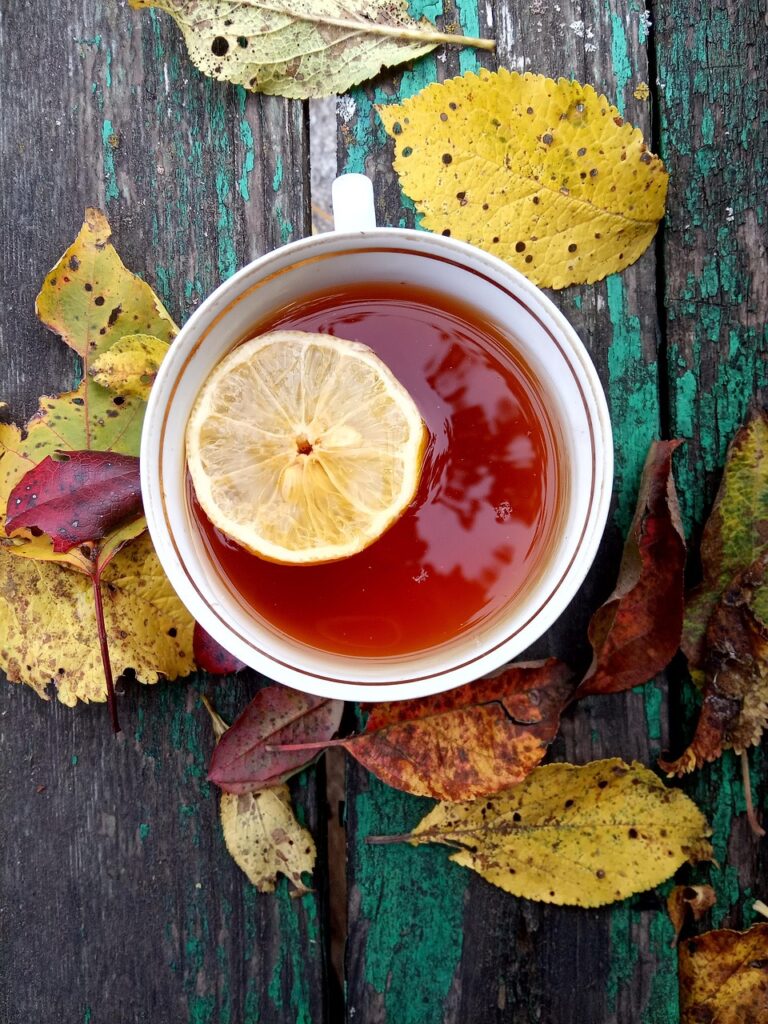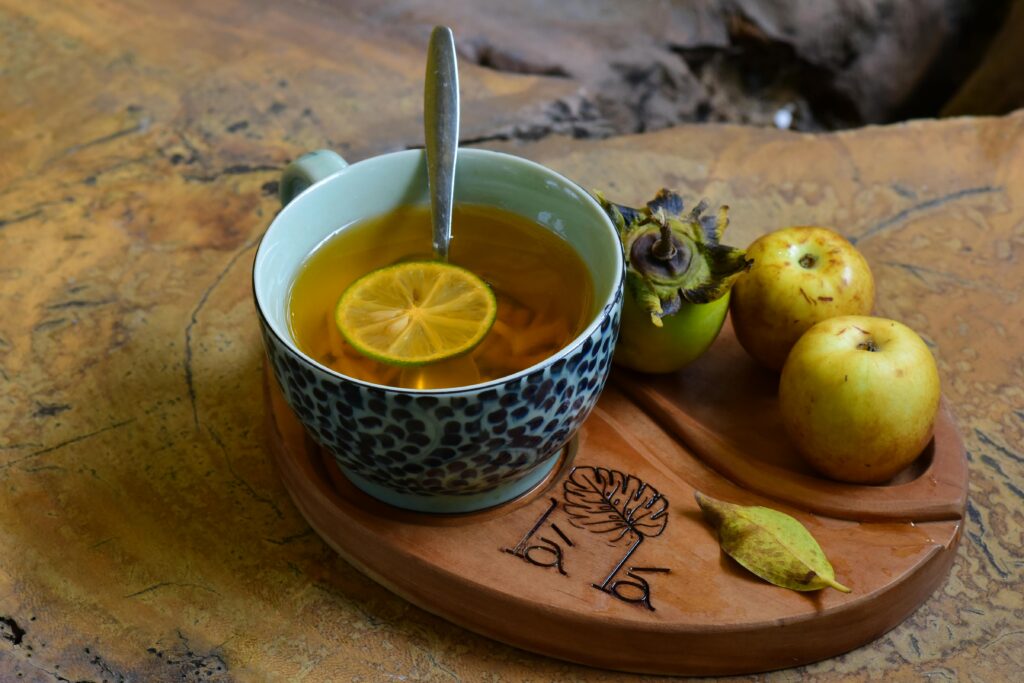Lemongrass tea is more than just a soothing herbal drink with a citrusy aroma — it’s a traditional remedy enjoyed in many parts of the world for its calming properties and wide range of health benefits. Known scientifically as Cymbopogon citratus, lemongrass is native to Asia and Africa, and its tea has become a popular choice among wellness enthusiasts looking for a caffeine-free, refreshing beverage.
In this article, we’ll explore the proven and traditional benefits of lemongrass tea, how to prepare it, potential side effects, and why this simple herbal infusion has gained global recognition.

What is Lemongrass Tea?
Lemongrass tea is made by steeping fresh or dried stalks of the lemongrass plant in hot water. Its natural citrus flavor, reminiscent of lemon but milder and sweeter, makes it both delicious and refreshing.
For centuries, lemongrass has been used in Ayurvedic medicine, traditional African remedies, and Southeast Asian healing practices. It is believed to support digestion, reduce stress, and promote overall balance in the body.
Key Health Benefits of Lemongrass Tea
1. Supports Healthy Digestion
Lemongrass tea is widely known for its digestive benefits. It may help relieve bloating, indigestion, and stomach cramps. Traditionally, it has been used to calm the stomach after heavy meals.
2. Promotes Relaxation and Reduces Stress
The soothing aroma of lemongrass has natural anxiolytic properties, which can help reduce stress and encourage relaxation. A warm cup before bed may also improve sleep quality.
3. Antioxidant Power
Rich in compounds like chlorogenic acid, isoorientin, and swertiajaponin, lemongrass tea helps fight free radicals and protects the body from oxidative stress, potentially reducing the risk of chronic conditions.
4. Anti-inflammatory Properties
Studies suggest that lemongrass has anti-inflammatory effects, which may help with conditions like arthritis, muscle pain, or general inflammation in the body.
5. May Support Heart Health
Some research indicates that lemongrass tea could help reduce cholesterol levels and regulate blood pressure, supporting cardiovascular health.
6. Helps Maintain a Healthy Weight
With its refreshing taste and lack of caffeine or sugar, lemongrass tea can be a great addition to a weight management routine, often used as a low-calorie alternative to sugary drinks.
7. Natural Antimicrobial Effects
Lemongrass contains compounds that exhibit antimicrobial and antifungal properties, which may help protect the body against certain infections.

Lemongrass Tea in Traditional Medicine
In Ayurveda, lemongrass is valued for balancing the doshas (energetic forces in the body) and aiding in detoxification. In African and Caribbean traditions, it is often used for fever reduction, colds, and as a natural relaxant.
This long history of use highlights why lemongrass tea remains one of the most popular herbal infusions globally.
How to Prepare Lemongrass Tea
Brewing lemongrass tea at home is simple and rewarding:
- Chop fresh lemongrass stalks (about 2–3 stalks) or use 1 tablespoon of dried lemongrass.
- Boil water and pour over the lemongrass.
- Let steep for 5–7 minutes.
- Strain and enjoy hot, or chill it for a refreshing iced tea.
💡 Optional: Add a slice of ginger or a teaspoon of honey for extra flavor and benefits.

Potential Side Effects and Precautions
Lemongrass tea is safe for most people, but a few considerations are important:
- Pregnancy and breastfeeding: Always consult a healthcare professional before use.
- Allergies: People with grass allergies should be cautious.
- Medication interactions: Lemongrass may interfere with blood pressure or diabetes medications.
As with all herbal teas, moderation is key.
FAQ About Lemongrass Tea
1. Does lemongrass tea contain caffeine?
No, it’s naturally caffeine-free, making it a great choice for evenings.
2. Can lemongrass tea help with anxiety?
Yes, many people drink it for its calming effects, supported by traditional use and some modern studies.
3. How often can I drink lemongrass tea?
One to two cups daily is generally considered safe for most people.
4. Is lemongrass tea good for colds?
Traditionally, it’s been used to ease cold symptoms thanks to its antimicrobial and soothing properties.
5. Can lemongrass tea help with weight loss?
It won’t directly cause weight loss but can be a healthier alternative to high-calorie drinks and may aid digestion.
Helpful Links for Further Reading
- 10 Potential Health Benefits of Lemongrass Tea
- Scientific basis for the therapeutic use of Cymbopogon citratus, stapf (Lemon grass)
Disclaimer
This article is for informational purposes only and should not replace professional medical advice. Always consult a qualified healthcare provider before adding new herbal teas or supplements to your daily routine, especially if you are pregnant, nursing, or taking medication.

